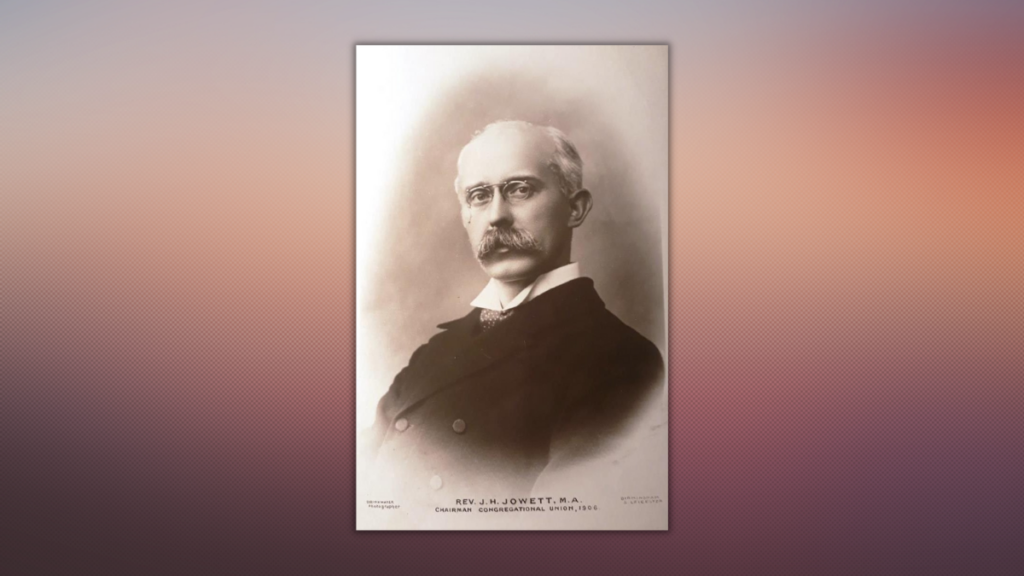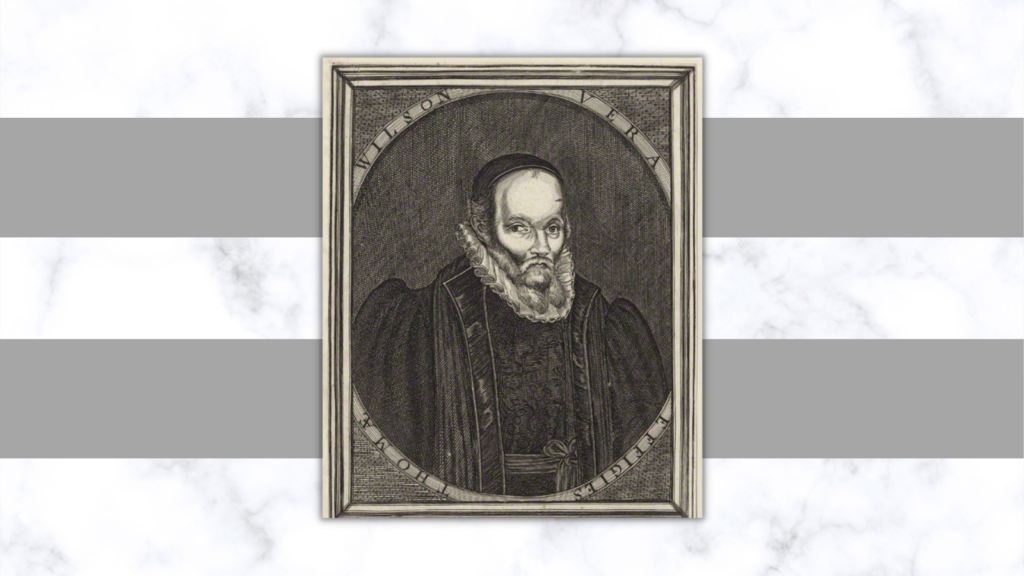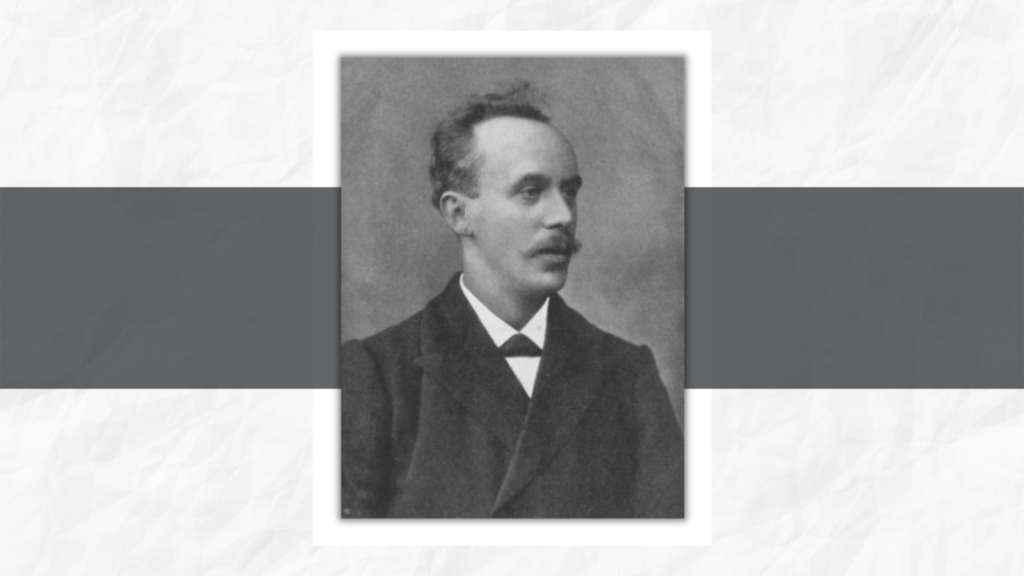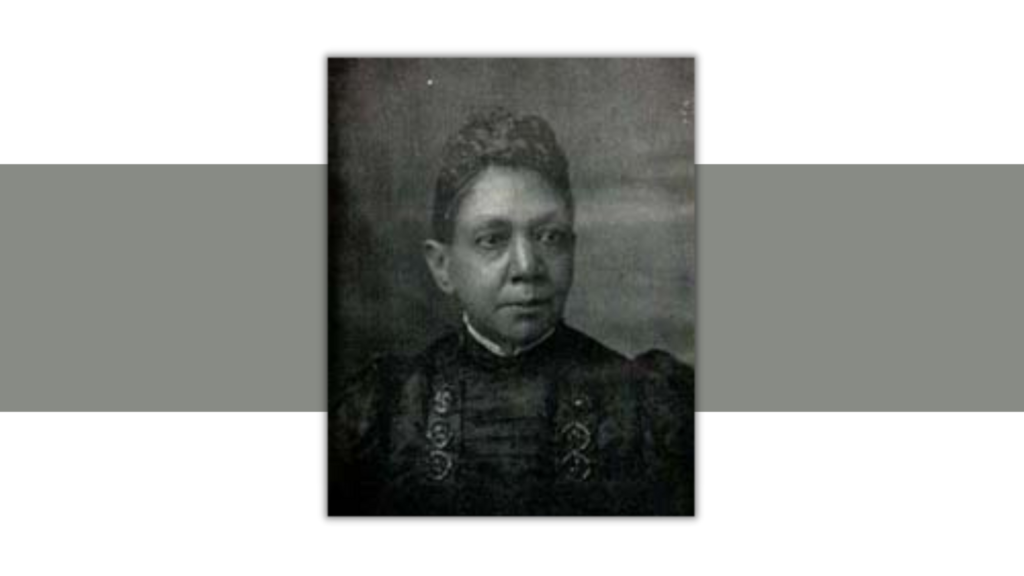By Joanne Sloan
Former slave David George founded Baptist churches in 3 countries
David George (1743–1810), an African-American Baptist preacher, founded the first black church in the United States. He also founded churches in Nova Scotia and Sierra Leone.
He was born in 1743 on a plantation in Essex County, Virginia, to John and Judith. They were the slaves of a man called “Chapel.” He was so cruel that George ran away at 19.
His master had a reward out for him for years. George traveled to Savannah and then to South Carolina. Captured by the Creek Indian Chief Blue Salt he worked for him until George’s master tried to buy him in exchange for rum, linen and a gun. Blue Salt refused his offer. George escaped and was captured by Natchez Chief King Jack who sold him to George Gaulfin, a plantation owner in Silver Bluff, South Carolina. Gaulfin’s children taught George to read and write using the Bible.
George had a conversion soon after arriving at Silver Bluff. “I saw that I could not be saved by my own doings, but that it must be by God’s mercy,” he wrote, “that my sins had crucified Christ, and now the Lord took away my distress.” He knew the Lord saved him because “I had such pleasure and joy in my soul, that no man could give me.” Joshua Palmer, a white Baptist minister, baptized George and his wife, Phyllis, and six other slaves.
Founding a church
Under George’s leadership, the Silver Bluff church grew from eight to more than 30. In 1775 he founded what is widely considered the first black church in America — Silver Bluff Baptist Church.
In 1778, when their master left the plantation as British soldiers advanced, the Silver Bluff group fled to British-controlled Savannah, where they gained their freedom. George worked as a butcher and his wife took in laundry. He continued to preach.
After a few years, the Georges, who had joined the Black Loyalists, traveled to Charleston. In 1782, the British evacuated over 5,000 Loyalists from the city. George and his family were among several free blacks sent on a 22-day voyage to Halifax, Nova Scotia, to start a new life.
George became an itinerant minister and attracted both blacks and whites to his meetings.
He founded the first Baptist church in Shelburne. Unfortunately, some community leaders resented his baptizing white residents. They also insisted that blacks had caused high unemployment rates. In the 1784 Shelburne Race Riot, George was beaten and his church was destroyed. He and his family fled to Birchtown, where he founded the first Baptist church there. He established seven Baptist churches in Nova Scotia and trained many black preachers.
An exodus
In the next decade he joined other leaders who organized an exodus to Sierra Leone. In March 1792 he and his family arrived in Freetown and founded the first Baptist church in West Africa. Abolitionist William Wilberforce called the work in Freetown “a Christian experiment.” It established a place where the slave trade could be attacked and the continent reached for the gospel.
George wrote an account of his life, which is one of the most important early slave narratives.
He died in 1810. Many of his descendants live in Freetown.






Share with others: